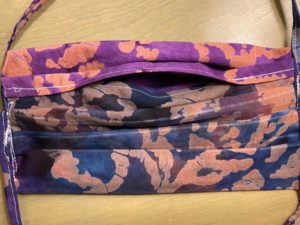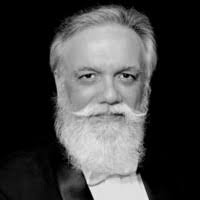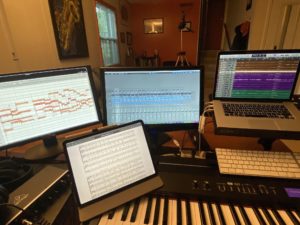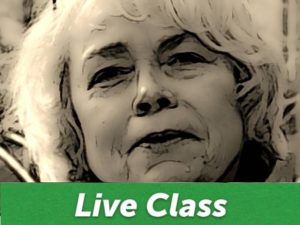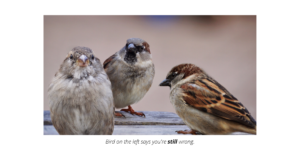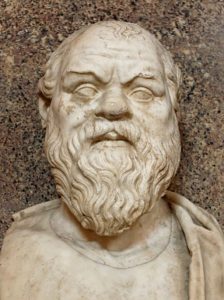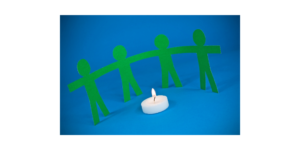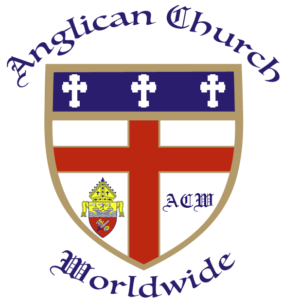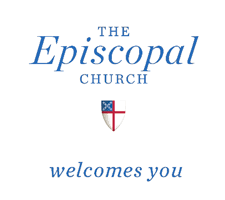If you’re like many people across the United States right now, you want to do something in response to systemic racial injustice. One way that activists consistently recommend to respond to the events of the past weeks is to use the momentum to educate yourself. Change the way you think. Make building racial justice part of how you live and what you do rather than a short-term focus.
One way you might consider starting is with the ChurchNext series on building racial justice. We made this series in partnership with Trinity Institute in 2016 based on their 2016 conference, Listen for a Change: Sacred Conversations for Racial Justice. Courses are built on lectures by some of our leading teachers on the subject of race in America.
Here is a list, with short descriptions, of the courses included in this series.
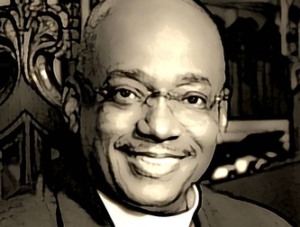 Spirituality and Racial Justice with Michael Curry For Individuals and For Groups
Spirituality and Racial Justice with Michael Curry For Individuals and For Groups
Presiding Bishop of The Episcopal Church Michael Curry teaches this class. Bishop Curry has made racial reconciliation one of the priorities of his ministry as Presiding Bishop. In this class, he provides a sobering yet hopeful outlook on both the sin of racism and the reconciliation of working towards a more just world.
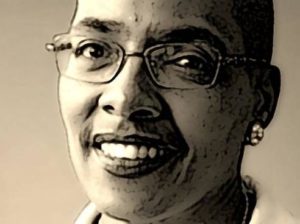 Whiteness and Racial Justice with Kelly Brown Douglas For Individuals and For Groups
Whiteness and Racial Justice with Kelly Brown Douglas For Individuals and For Groups
Learn the history of whiteness and how the dominance and privilege of whiteness impacts our desire to bring racial healing to society. The Rev. Kelly Brown Douglas, Dean of Episcopal Divinity School at Union Theological Seminary, professor, and author, leads us through a historical and sociological journey to better understand and bring about reconciliation and justice.
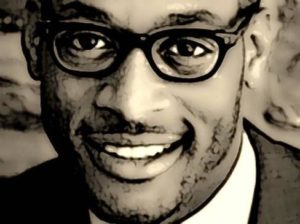 Theology and Racial Justice with J. Kameron Carter For Individuals and For Groups
Theology and Racial Justice with J. Kameron Carter For Individuals and For Groups
In this course, J. Kameron Carter, author and Professor of Religious Studies at Indiana University, explains many of the theological underpinnings of racial injustice.
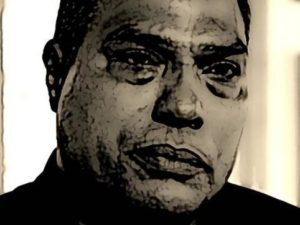 Racism and Racial Justice with Eduardo Bonilla-Silva For Individuals and For Groups
Racism and Racial Justice with Eduardo Bonilla-Silva For Individuals and For Groups
In this class, activist, author, and Duke University professor Eduardo Bonilla-Silva contends that after the Civil Rights Movement, a new kind of racism emerged: color-blind racism. Bonilla-Silva describes this new racism, how it got here, and what can be done about it.
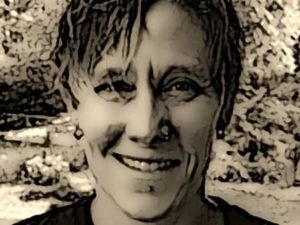 Reparation and Racial Justice with Jennifer Harvey For Individuals and For Groups
Reparation and Racial Justice with Jennifer Harvey For Individuals and For Groups
In this class, Jennifer Harvey, author and Professor of Religion at Drake University, argues that the popular ‘reconciliation’ paradigm for building racial justice needs to be replaced with one based on reparation.
As you consider options for learning more about race, racial history in the United States, and racial reconciliation, consider this list of resources for racial reconciliation from The Episcopal Church. We encourage you to use these resources and any others you can find to change the way you understand race and racial justice, and our Christian responsibility to build a better world.



